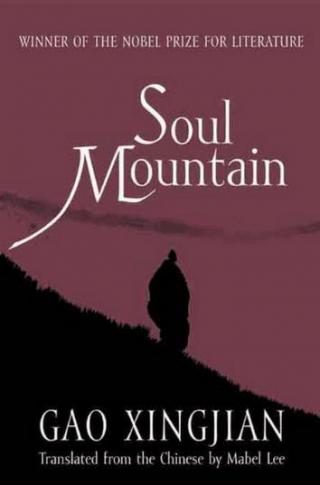
Аннотация
"Soul Mountain is one of those singular literary creations that seem impossible to compare with anything but themselves… In the writing of Gao Xingjian literature is born anew from the struggle of the individual to survive the history of the masses."
– from the citation of the Nobel Prize committee of the Swedish Academy
When this year's Nobel Prize for Literature was awarded to Chinese expatriate novelist and playwright Gao Xingjian, few in the English-speaking West were familiar with his work. Gao's masterpiece, SOUL MOUNTAIN (PerfectBound, an e-book from HarperCollins; February 20, 2001; $19.95), is a dazzling kaleidoscope of fiction, philosophy, history and fable. Elegantly translated by Australian sinologist Mabel Lee, this richly textured autobiographical novel recounts a dual journey-a literal journey into the heart of China and a spiritual journey of the self.
When Gao was 43, he was incorrectly diagnosed with lung cancer. Resigned to death by the same means that had claimed his father just a few years before, Gao spent six weeks indulging his appetites and reading philosophy. The spot on Gao's lung mysteriously disappeared, but a new threat arose when rumors began to circulate that he was to be sent to a prison farm because of his controversial writings. No longer facing imminent death, the writer quickly left Beijing and disappeared into the remote forest regions of Sichuan, then spent five months wandering along the Yangtze River from its source down to the coast. Gao's 15,000 kilometer sojourn forms the geographic parameters of the fictional journey in SOUL MOUNTAIN.
While on a train at the start of his trip, the writer protagonist meets another traveler who says he is going to Lingshan, "soul mountain," which can be found by the remote source of the You River. The writer has never heard of such a place, and he resolves to go there, but his fellow traveler can give him none but the vaguest directions. Thus begins a metaphoric odyssey into the hinterlands of China and the outlying Qiang, Miao and Yi districts that dangle on the fringes of Han Chinese civilization.
The writer is in search of the traditions that are hidden in rural China, and as he travels he encounters a parade of unforgettable characters who embody both vestiges of the past-Daoist masters, Buddhist monks, ancient calligraphers-and the modern culture that has surfaced since the revolution: small town communist cadres, budding entrepreneurs, independent young girls grappling with parochial repression. The two worlds exist uneasily as one, with stories and customs from centuries past colliding with a world of televisions, automobiles, and technology. All is permeated by the dark legacy of the Cultural Revolution, the encroachment of ecological damage, and the harsh monetary realities of everyday life in contemporary China.
SOUL MOUNTAIN is a dazzling work of the imagination, where classic fables merge with tales of modern cruelty and ancient philosophy does battle with existentialism. But Gao goes deeper still as he explores notions of the devastation of the self at the hands of social expectations. He continually shifts his narrative voice as the "I" of the writer becomes the "you" of an imagined companion, then the "she" of a woman companion. Yet all reflects back on the protagonist, who craves these two seemingly contradictory ends-the solitude necessary for nurturing the self and the anxiety-provoking warmth of human society.
Gao began this novel in the mid-eighties, then carried the manuscript with him when he fled China in 1987. Now living in Paris, he completed the book there in 1989. His writings continue to be banned in his native country. As Gao's work at last gains the public's attention here in the West, SOUL MOUNTAIN provides a dazzling introduction to the achievement of one of contemporary literature's acknowledged masters.


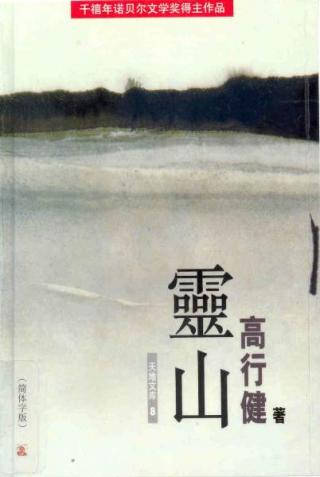


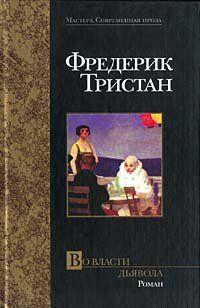
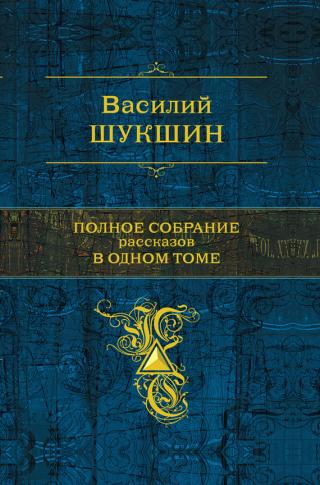
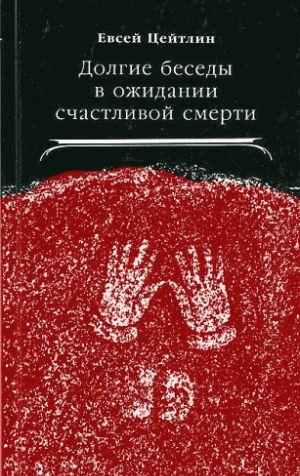

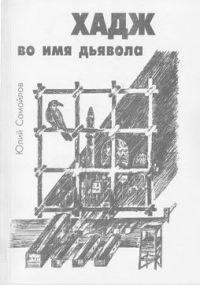
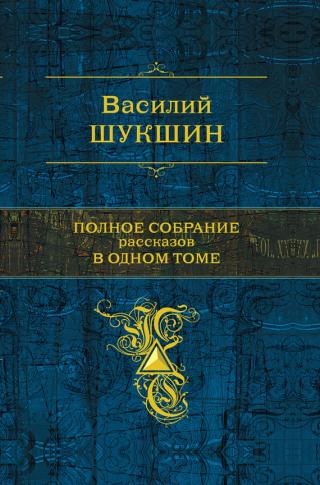
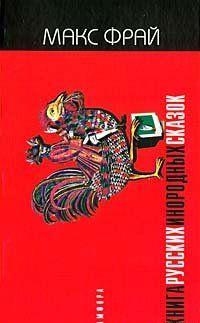

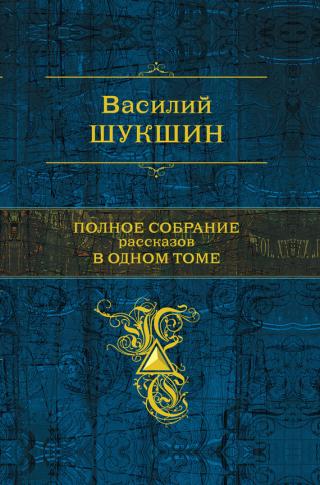
Комментарии к книге "Soul Mountain (chinese)"